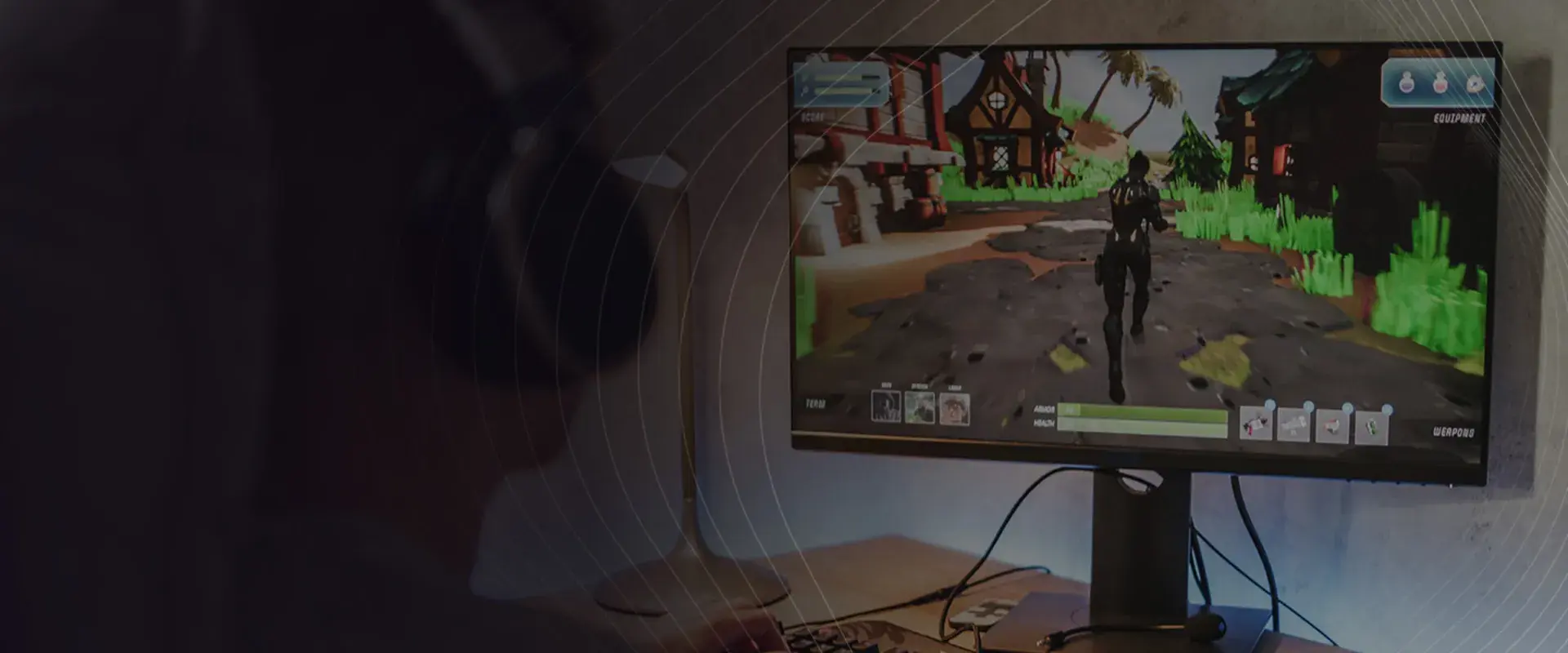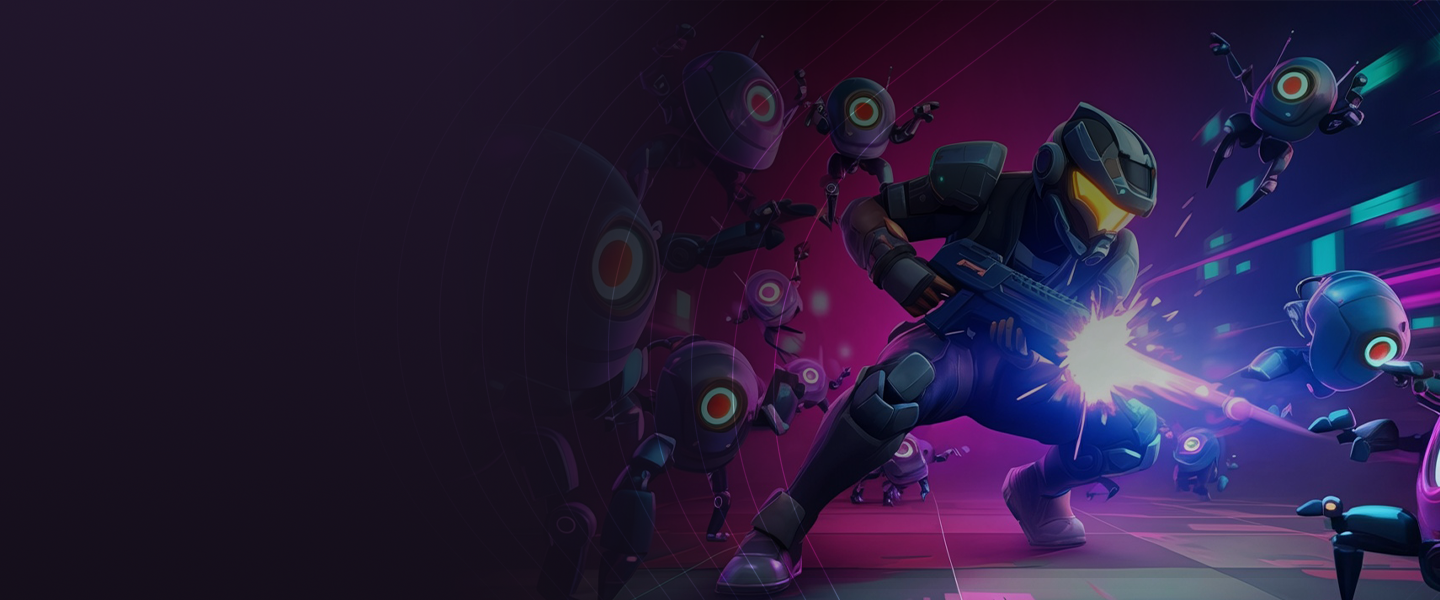Our recent survey shows that indie game developers – that is those who work in groups of five people or fewer – are the least concerned of all size brackets within the industry as far as cheating is concerned. What makes them so relaxed about the issue that is increasingly worrying the industry? We try to answer that in today’s article.
Bad interaction better than no interaction?
One of the reasons for this unconcerned attitude may result from viewing any form of interaction with their game as good, regardless of whether it comes in the form of cheating or not. Indies may simply assume that cheaters help them to achieve greater exposure and wider reach and that in the future it can lead to more revenue from honest players. This may seem a reasonable approach: the more people play a game (even if they do not do it fairly), the more popular it becomes. This additional “free” exposure may bring fair players that would otherwise have never heard about the game.
However, such a permissive approach towards cheating can be harmful to both the company and industry.
First, it misses the fact that a game that has a reputation of struggling with cheating will more likely lose players rather than attract them. According to Irdeto’s Global Gaming Survey, 78% of respondents admitted that they would abandon a game altogether due to cheating! Second, accepting any form of unfairness in the game as not being 100% bad weakens the industry’s resolve to tackle cheating and related problems. Game developers of all sizes should accept the fact that they are in this together, despite their competitiveness, and support each other’s efforts to get rid of cheating, tampering and piracy.
Measure to treasure
There may be another reason indie developers are the least concerned by unfair gaming practices: they simply do not know exactly how much they lose because of them. When asked to put a hard figure on the revenue loss attributable to cheats and pirates, 54% of independent game developers simply were not able to give an estimate. Yes, over half of them do not know how much money they lose because of cheating and piracy – their permissive attitude should not be surprising for us then.
This is where the issue lies. This worrisome unawareness of the impact of cheating and piracy results in inadequate response to ensuring gameplay balance – and protecting their own revenue. If indies followed the example of larger companies and investigated the monetary impact of all those unfair practices that are undermining the gaming industry, they would be much more likely to do something about it. Meanwhile, at present only 57% of them are willing to invest in an anti-cheat protection for their mobile games. With a better understanding of the impact of the problem, a resolve to act would certainly follow.
Try it to love it!
What indie developers should remember, however, is that 93% companies that invest in anti-cheat and anti-tamper technologies are satisfied with the protection and value brought by game protection technologies. They frequently cite ease of use and, of course, protection of reputation and revenue as the biggest positives of such services. Maybe indies should listen to the rest of the industry and follow their example to protect their revenue and intellectual property.
Want to join this happy crowd? Reach out to us to start a discussion about your cybersecurity needs!











/Images/Module%20-%20footer/spiral.svg)
